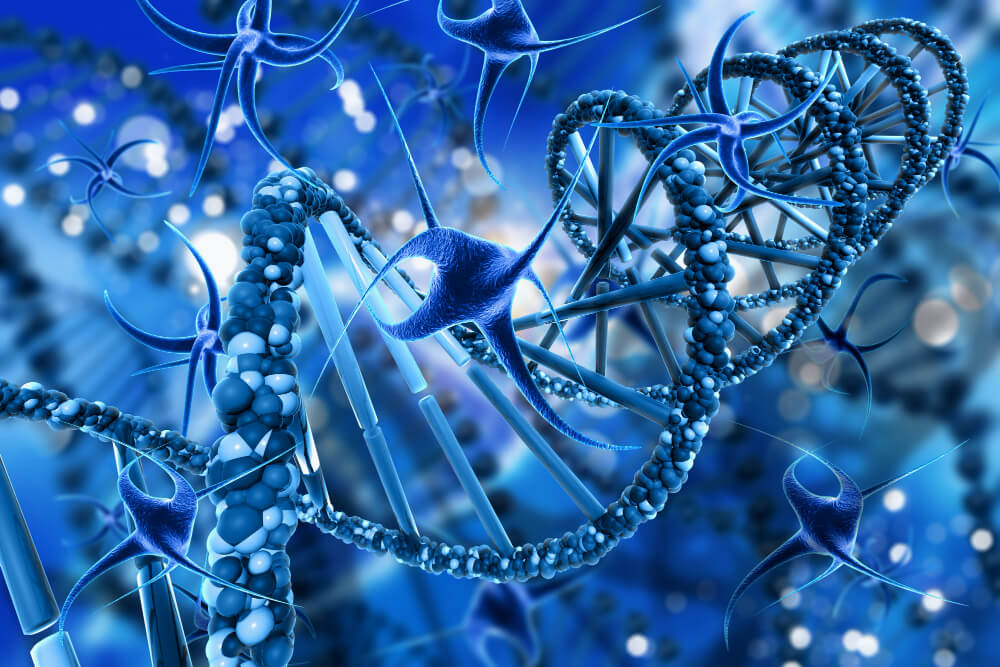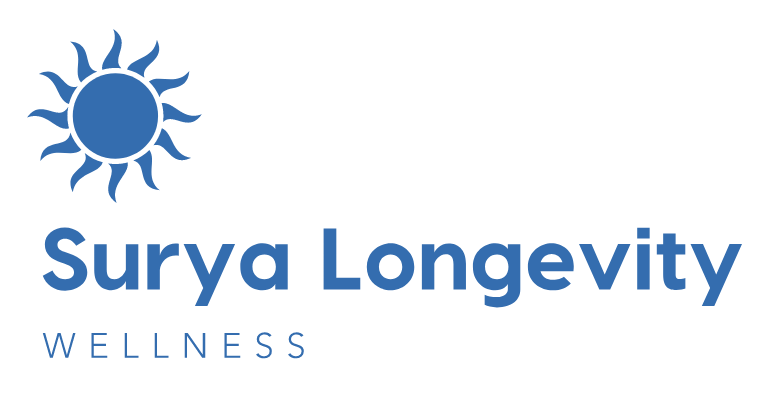
Stem Cell Therapy: A Paradigm Shift in Treating Numerous Conditions
Stem cell therapy, often hailed as the cornerstone of regenerative medicine, is revolutionizing the treatment landscape for a variety of diseases. These unique cells, with their ability to self-renew and differentiate into different cell types, hold immense therapeutic potential, making it possible to repair damaged tissues and organs in the body.
Unraveling the Potential of Stem Cells
Stem cells are characterized by their capacity for self-renewal and their ability to develop into various types of cells in the body. They can be sourced from various tissues like bone marrow, adipose tissue, umbilical cord blood, and even the skin. Under certain physiological or experimental conditions, these cells can be induced to become tissue- or organ-specific cells with special functions.
By injecting these stem cells into damaged areas or using them to create biologically compatible tissues or organs for transplantation, physicians can harness the body’s healing mechanism to treat various diseases and conditions.
Key Benefits of Stem Cell Therapy
- Regeneration and Repair: Stem cells can divide and differentiate into the necessary cell types to replace damaged or diseased cells, effectively regenerating and repairing tissues.
- Versatility: Stem cells have the potential to develop into various cell types, which means they can be used to treat a wide range of conditions.
- Reduced Risk of Rejection: If stem cells are derived from the patient’s body, there is a significantly reduced risk of rejection compared to organ transplantation.
Applications of Cytosome Therapy
Stem cell therapy’s potential applications are broad, spanning numerous fields of medicine. Some of the conditions that can be treated effectively with stem cell therapy include:
- Blood and Immune System Conditions: Stem cell transplantation, particularly hematopoietic stem cell transplantation, has been a cornerstone treatment for various blood cancers, such as leukemia, lymphoma, and multiple myeloma, as well as other blood disorders like sickle cell anemia and thalassemia.
- Neurodegenerative Diseases: There’s promising research on the use of stem cells to treat neurodegenerative diseases such as Parkinson’s disease, Alzheimer’s disease, and amyotrophic lateral sclerosis (ALS), by replacing damaged neurons and glial cells.
- Spinal Cord Injuries: Stem cells offer potential in treating spinal cord injuries by promoting repair and improving function.
- Heart Disease: Stem cells, particularly cardiac stem cells, can help repair damaged heart tissue following heart attacks, improving heart function and patient outcomes.
- Orthopedic Conditions: Stem cells can aid in the healing of damaged bones, cartilage, ligaments, tendons, and intervertebral disks, making them useful in treating conditions like osteoarthritis, spinal cord injuries, and certain bone fractures.
- Autoimmune Diseases: Given their ability to modulate immune responses, stem cells have potential in treating autoimmune diseases like rheumatoid arthritis and systemic lupus erythematosus.
Stem cell therapy is a dynamic and rapidly evolving field that holds significant promise for treating a wide range of conditions. It represents a significant shift in the way we approach the treatment of diseases, shifting focus from managing symptoms to healing and restoring function through regeneration. As we continue to explore the potential of stem cells, it is crucial to conduct further research and clinical trials to establish the efficacy and safety of stem cell-based therapies for various conditions. This scientific endeavor holds the key to unlocking a new era of personalized, regenerative medicine.


